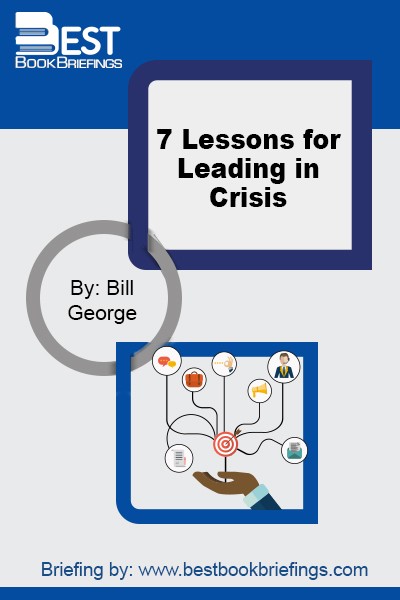7 Lessons for Leading in Crisis
Number of pages: 160
Publisher: Jossey-Bass
BBB Library: Leadership, Operations Management
ISBN: 9780470531877
Editorial Review
Book Reviews
Books on Related Topics

This book is one of the main books describing the modern business through the quality management system approach. Through the pages of the book, Dr. Deming put the main theme of his theory in the 14 principles of management, which is still applicable even after this long period of more than
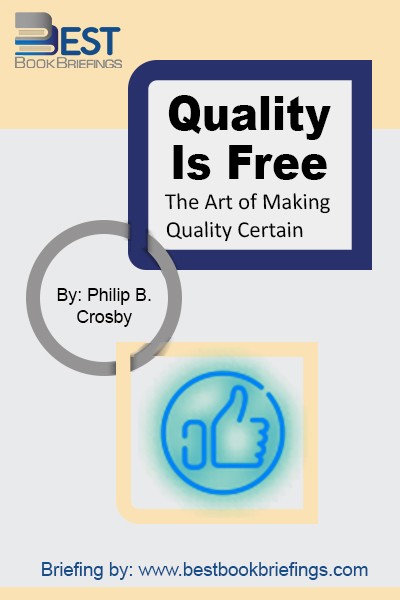
Do things right in the first place, and you won't have to pay to fix them or do them over. Whether you manage a large plant or run your own small business, applying this simple principle of quality control will boost your profits and your career. Quality Is Free sets forth

During the last few years, chaos has erupted in many places around the world. And that created so many challenges for the governments and public organizations. They tried to overcome these challenges by making budget cuts or asking their employees to give more and increase their productivity, but these short-term solutions
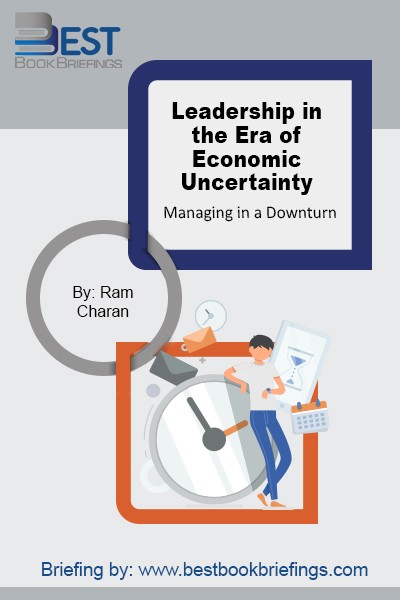
The economic peace of the past generation is over. We’re in a war for survival, beset by fear, uncertainty and doubt. As on any battlefield, conditions demand a seriously different kind of leadership from that which is appropriate in peacetime. Leaders must be prepared to make strategic, structural, financial and operational
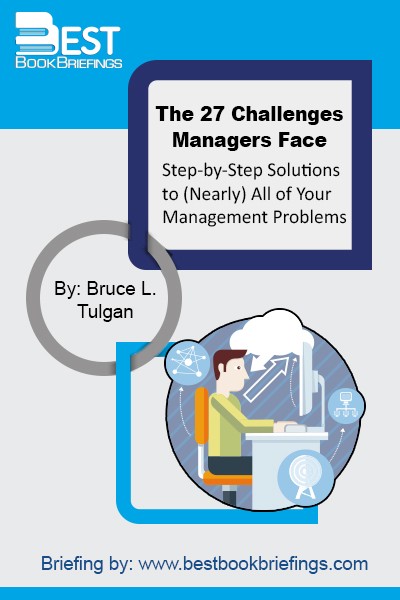
For more than twenty years, management expert Bruce Tulgan has been asking, What are the most difficult challenges you face when it comes to managing people? Regardless of industry or job title, managers cite the same core issues 27 recurring challenges: the superstar whom the manager is afraid of losing, the
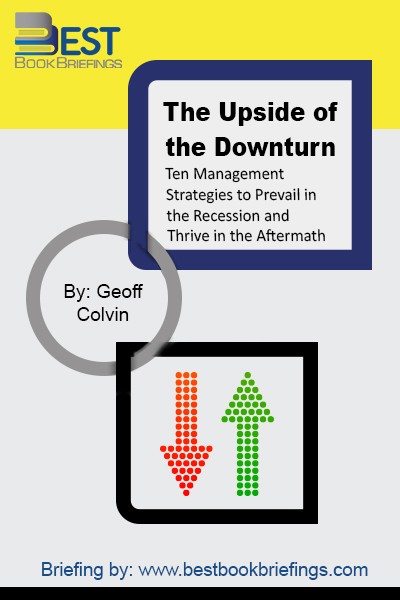
The great thing about a financial crisis and a recession is that they offer everyone the opportunity to be stretched in their current jobs. Certain practices can make the experience especially productive. Confronting the greatest business challenges to occur in generations, you’re being handed a chance to become better. It’s an
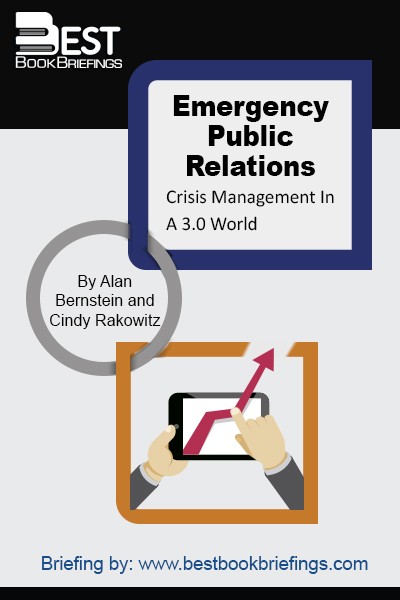
The great economic downturn; tumultuous weather patterns; Ponzi schemes; Occupy protesters; political uncertainty; flash mobs and mall melees make daily headlines. When you hear about catastrophic news, do you ever think about how an unanticipated event might affect your business? The crisis mindset requires being “on and ready for battle” 24-7,

This book, loaded with fascinating examples of turnaround successes, is essential for every business owner. From a synopsis of why companies fail, to ways to resolve creditor problems, its strategies should be read by anyone with a faltering business.

